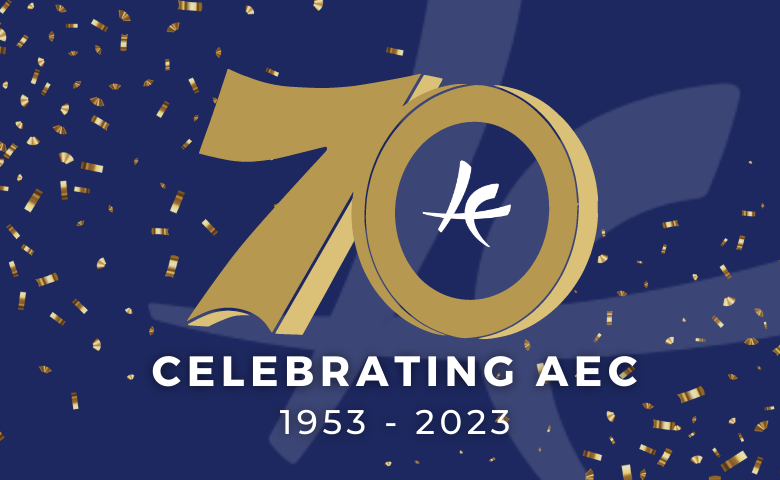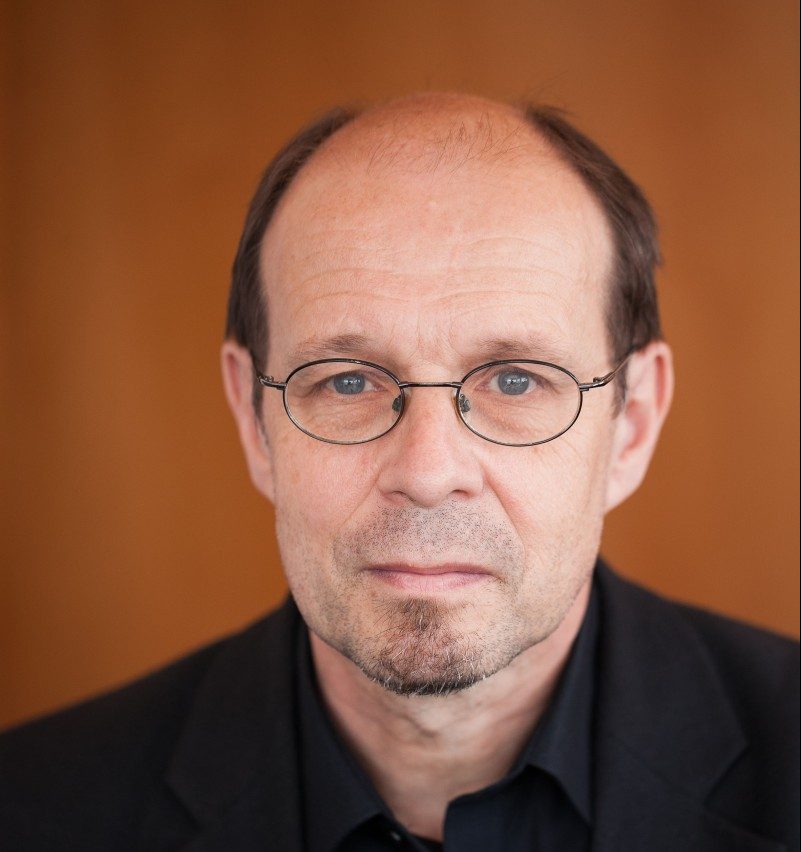AEC from 1953 until today: perspectives from a Swiss member

AEC through history: A Swiss perspective
The AEC has had from its very beginning in 1953 a close relationship with Switzerland in general, and Geneva in particular: during the cold war period, it looked obvious to the founders of the Association that its seat should be located in a neutral country (when neutrality was still acceptable…), and my predecessor Claude Viala, director of the Conservatoire de Musique de Genève, has been Secretary general of the AEC over twenty years.
My first connection to the AEC was the Lyon congress in 1992, and I had during the second half of the nineties the great pleasure and honour to serve on the Board, alongside close friends such as Marc-Olivier Dupin (then director of the CNSDMP and Secretary general), Björn Boysen (rector of the Norwegian Academy of Music) and many others. These were turbulent and fascinating years when AEC turned from a respectable and closed gentlemen’s directors club to a powerful European network open to staff, students and other partners, strongly lobbying for professional music education and efficiently serving its members (both European and worldwide as associate members). This process eventually led to the new statutes, the move to Utrecht, the election of President Ian Horsbrugh and the remarkable action of Martin Prchal as AEC Chief Executive.
During my work in Geneva as Director of the Conservatoire de Genève, later Geneva University of Music, the AEC has been seminal for the development of our international network, the implementation of the Bologna reform and more generally the establishment of our higher music education programs on a university level, especially in a non-EU country like Switzerland. Participating in various sessions and working groups (such as the 1997 pre-college music education project) has allowed me to make many friends while helping my institution to grow up with the best available international standards.
In these most troubled times, AEC seems to me more important than ever in various perspectives: the place of music in society and education (in every context: music at school, community music, art music…), the professional status, support and recognition of artists and music teachers (see for example the recent threat over the BBC Singers), the promotion of non-Western traditional music to enhance global diversity… With its membership gathering many of the most respected music universities, the Association plays a major role in the public and political discussion to highlight the many challenges and issues of the twenty-first century.
I wish the AEC a very happy 70th anniversary and a bright and successful future.






